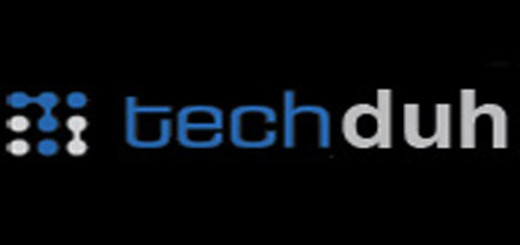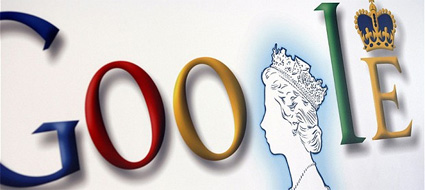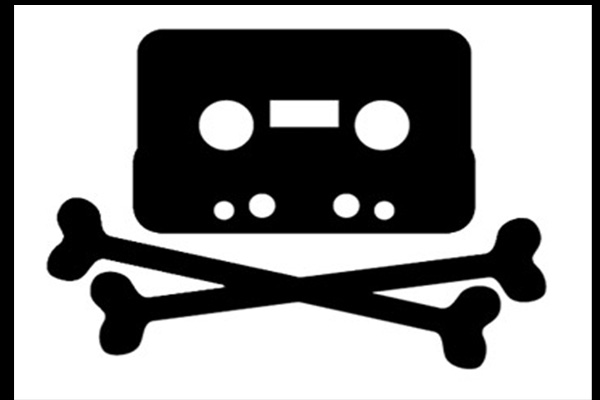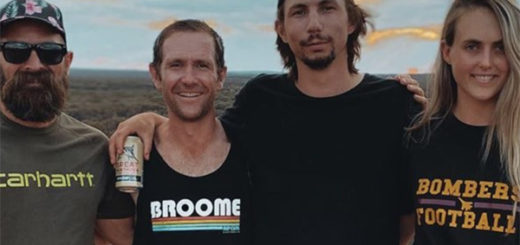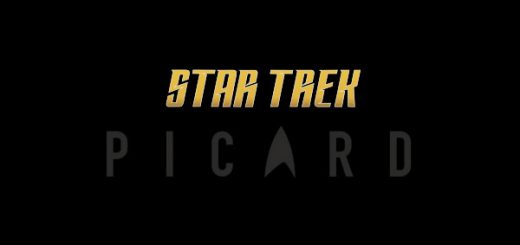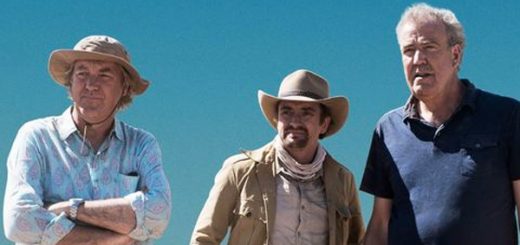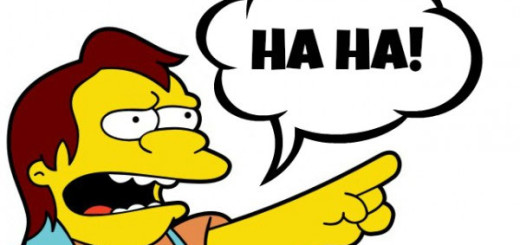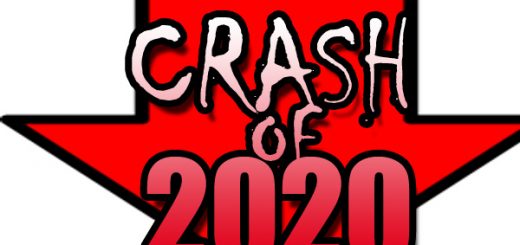Is Claiming Fair Use Just a Nice Way to Pirate Stuff?
I read Mike Masnick over at Techdirt on a fairly regular basis, in part because he is an endless source of laughs for me. He has completely convinced himself of a bunch of different things about the economics of the internet, piracy, and copyright, yet most of what he supports seems to flicker and fade. Trent Reznor, once one of the true heros of the “FREE!” economy and one of it’s pioneers apparently had second thoughts, signed a new record label deal and appeared at the Grammy awards. Most of the tricky “pay what you want” schemes for selling things have faded away, and still few crowd funded entertainment options have really played out in a big way. Some minor successes to be sure, but nothing that has anyone running for cover.
What really caught my eye was an article about fair use and the “innovation economy”. Now, fair use is one of the rallying cries of the anti-copyright set, and one that Masnick attempts to push as a right, and not an affirmative defense. Yet, in the seminal case on the subject, Campbell v. Acuff Rose Music, the judge in the case clearly stated that “fair use is an affirmative defense”. In fact, it’s pretty self explanatory, fair use is saying “yes is used the copyright material, but I feel I have the right because…”. The first part of claiming fair use is an admission that you used copyright material without permission. Masnick seems to have a real problem with this basic idea, and as a result, much of what he writes about copyright on Techdirt tends to suffer the juice of the poisoned apple.
What is funny is that fair use is sometimes used as an excuse for piracy. It’s a big logical jump, where people say that since the Betamax case permitted “time shifting” by recording a program now for later viewing, pirating a copy of what you didn’t record is okay because you could have done it. Some might call that bootstrapping, but I call it the misinformed leading the misinformed. The legal reality is much simpler. The best way to explain it is that while the courts have tolerated to some extent “remote” DVR machines hosted by cable companies, they are careful to assure that each end user records and plays back their own copy of the programming, and not a shared network copy. They also do not store all material and allow a user to select from programs they did not explicitly record. So they are not creating a on demand system, rather just a DVR with a very long wire. By the same logic, obtaining from a third party a copy of what you did not yourself record would not be time shifting or fair use, just a straight copyright violation.
Mike Masnick also points to a recent court ruling with a blazing headline of “Court Ruling Notes That For-Profit, Full Copy Of Audio, Without Commentary Can Also Be Fair Use, In Specific Circumstances”. It sounds like fair use is a free for all for full use of audio, right? Well, not really, First off, the case is very narrow in scope, and most importantly, it involves the news media reporting on a given topic. The recording in question is of an earnings conference call for shareholders, and was used by Fox specifically as part of a news report. It’s not surprising or even particularly revolutionary that such audio could be used to report on something. Yet, Masnick repeatedly hammers on the “full length recording” as some magical thing, like suddenly the courts are going to give everyone a pass on using audio in any way they see fit. The ruling is extremely narrow in focus, and deals with the news media, a news story, and a very specific news worthy item. It’s not a revolution, it’s how things have always been.
Fair use is a wonderful doctrine, it’s a great balancing tool to allow a narrow set of situations where one can use copyright material without obtaining the rights, and is balanced against all sorts of things. Interestingly, the Campbell v. Acuff Rose Music that is often cited in these situations is itself a bit of a red herring, firstly because the Supreme Court only ruled narrowly on what it saw as an error by the lower court and sent the case back down – they did not issue a definitive ruling! Also, the case was in the end settled by the two parties with 2 Live Crew licensing and paying to use the work in question. Their fair use claims of parody may or may not have played out in the courts, but clearly even with the Supreme Court sending the whole mess back to the lower courts, they didn’t feel the desire to press their luck. For that matter, the rights holders seemed relieved to get out with a licensing deal instead of more court time, so everyone was happy. Since that time, further rulings have pretty much shown that almost all forms of sampling to create new songs is not fair use, and that everything must be licensed. The Campbell v. Acuff Rose Music case didn’t so anything for fair use, if anything the only thing was force licensing. Their fair use claims in parody may or may not have worked out for them, and we will really never know.
It should be pointed out that one of the biggest parody music makers of modern times, Weird Al Yankovich does not rely on fair use for his work. Rather he asks permission and does not release a song unless the original artist is on board. It’s not about his pure legal standing, it’s about realizing what is right and wrong in reality. It’s that sort of thing that seems very hard for the copyright minimalist groups to understand. Sometimes you just have to be fair, even in fair use.
Another example of people not getting it is over at Torrent Freak, another bastion of piracy wrapped in free speech flag. Andy on that site is particularly humorous, only because he comes up with nuggets of self-justification that are almost beyond understanding. In defense of Kim Dotcom’s mega not removing infringing files and instead only disabling specific reported links, suggesting that perhaps an original rights holder might have used Mega for a backup, so deleting the file would violate their rights. Yeah, I know, I had to think about it a bit to realize how incredibly stupid this was. Movie makers and musical artists aren’t generally lining up to use Mega as a backup service for their finished work products. I certainly can’t imagine Warner Brothers or whatever uploading rips of their DVD products to Mega for safe keeping. Attempting to create the space for an exception by suggesting the most unlikely scenerio is laughable. It’s trying to excuse the illegal acts of thousands (if not millions) of people by suggesting something stupid. It’s pretty much on par with the guy who says that MH370 flight was taken by aliens and dropped on the moon (and seriously, someone has claimed that!).
Using fair use or completely insane possible situations to cover for rampant piracy makes those who support it look silly. Trying to drive a truck through the head of a legal pin to excuse bad behavior is the last desperate claim for those about to eat it.
